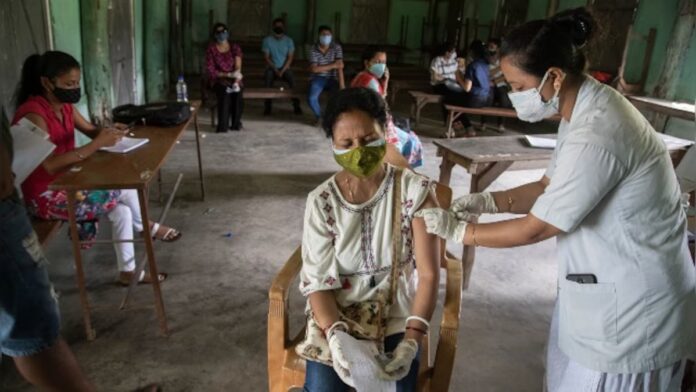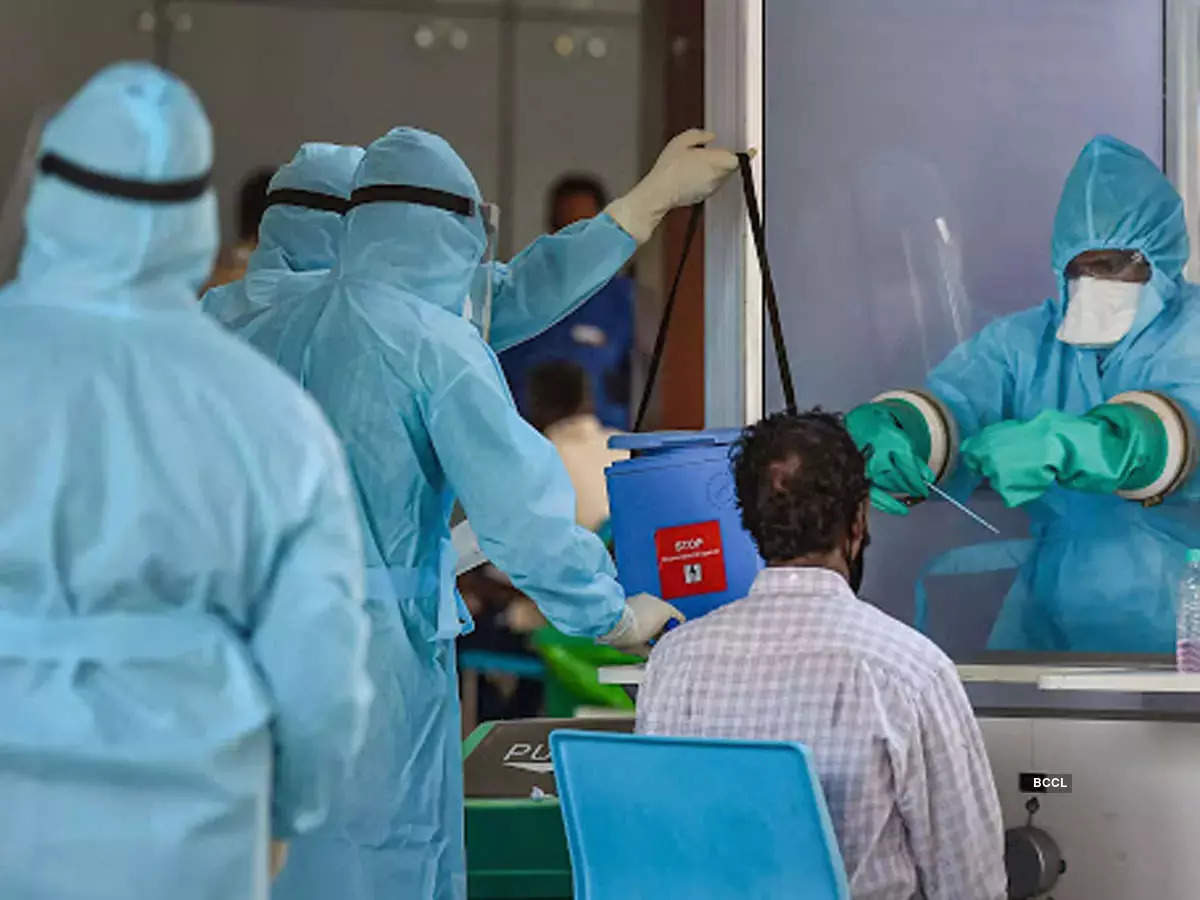China Flu Outbreak reports have drawn attention worldwide, but Kerala Health Minister Veena George has assured the public that there is no need to panic. She emphasized that no virus detected in China so far has the potential to turn into a pandemic or spread rapidly to other regions. As part of Kerala’s proactive measures, she urged people to stay vigilant, especially pregnant women, children, and the elderly, and advised wearing masks in crowded areas to prevent respiratory infections.
Why Kerala Is Focused On The China Flu Outbreak?
Kerala’s large expatriate population, including individuals frequently traveling from China, puts the state at higher risk of importing infections. Minister George highlighted that while there is no immediate danger, the government is closely monitoring the situation in China and has systems in place to curb any potential outbreaks effectively.
The reports of a Human Metapneumovirus (HMPV) outbreak in China, which causes flu-like symptoms, have heightened concerns. Kerala’s track record of successfully managing public health emergencies, such as the Nipah virus and COVID-19, positions it well to handle such threats with efficiency.
What Is The Human Metapneumovirus?
The Human Metapneumovirus (HMPV) is a respiratory virus that primarily causes mild cold-like symptoms. However, it can lead to severe complications in vulnerable groups, including young children, the elderly, and those with weakened immune systems.
- Symptoms: Fever, nasal congestion, cough, shortness of breath, and wheezing in severe cases.
- Transmission: Spreads through respiratory droplets when an infected person coughs or sneezes, similar to other respiratory viruses.
Director General of Health Services, Dr. Atul Goel, described HMPV as comparable to other respiratory viruses, emphasizing that it is not an unusual pathogen. Nevertheless, the National Centre for Disease Control (NCDC) is actively monitoring the situation and maintaining close communication with international health agencies.
Kerala’s Approach To Managing Public Health Risks
Kerala has consistently demonstrated its ability to respond swiftly and effectively to public health emergencies. The state employs a multi-layered approach to contain potential outbreaks:
- Early Detection:
- Monitoring travelers from high-risk regions.
- Conducting targeted testing in suspected cases.
- Public Awareness:
- Disseminating accurate information to prevent misinformation.
- Advising people to follow basic hygiene practices and wear masks.
- Healthcare Preparedness:
- Strengthening the healthcare system to handle a surge in cases if required.
- Training healthcare workers to identify and manage respiratory infections effectively.
- Collaborating With National And International Agencies:
- Sharing real-time updates with the NCDC and WHO to validate developments.
Why Respiratory Infections Require Extra Vigilance?
Respiratory infections like the Human Metapneumovirus can spread rapidly, especially in densely populated areas. The need for vigilance is heightened in states like Kerala, where global travel is common due to its expatriate population.
Historical data shows that respiratory viruses have often been underestimated in their early stages. For instance, the initial reports of COVID-19 did not fully capture its potential to disrupt global health systems. Learning from such experiences, Kerala is adopting a cautious yet proactive approach to ensure public safety.
Preventive Measures To Reduce Risk
Minister Veena George urged people to take simple yet effective precautions to safeguard against respiratory infections:
- Wear Masks: Especially in crowded and enclosed spaces.
- Maintain Hygiene: Regularly wash hands with soap and avoid touching the face.
- Stay Informed: Follow updates from credible sources to stay aware of the latest developments.
- Avoid Crowded Places: If experiencing flu-like symptoms, stay home and consult a healthcare provider.
These measures not only reduce the risk of infection but also help curb the spread of any potential outbreaks.
India’s National Efforts To Monitor The Situation
At the national level, the NCDC has intensified its surveillance of respiratory and seasonal influenza cases. It is working closely with international health organizations to gather accurate data and ensure timely interventions if needed.
A senior official confirmed that the NCDC is validating all reports and maintaining strict vigilance. This collaborative approach ensures that India remains prepared to tackle any potential health threats emerging from international regions.
Kerala’s Proven Track Record In Managing Health Crises
Kerala has consistently set benchmarks in managing public health challenges. During the Nipah virus outbreak, the state’s swift containment measures minimized fatalities. Similarly, Kerala’s COVID-19 response, which included aggressive testing, contact tracing, and public awareness campaigns, was praised globally.
These experiences have equipped the state with the expertise to handle potential outbreaks like the one reported in China. By closely monitoring the situation and taking preemptive measures, Kerala aims to maintain its status as a leader in public health management.
Global Health Surveillance And Collaboration
The reports of the Human Metapneumovirus outbreak in China underline the importance of global health surveillance. Collaborative efforts among nations, facilitated by organizations like the WHO, play a crucial role in identifying and containing emerging health threats.
This incident serves as a reminder of how interconnected the world is in terms of health. A virus in one region can quickly become a global concern, making international cooperation and transparency vital for effective containment.
How Individuals Can Contribute To Public Health Efforts?
While governments and health agencies play a significant role, individuals also have a part to play in preventing the spread of infections:
- Stay updated through official health advisories.
- Report symptoms early to healthcare providers.
- Follow recommended safety measures, such as wearing masks and maintaining hygiene.
The China Flu Outbreak reports may not indicate an immediate threat, but they serve as a timely reminder of the importance of vigilance in public health. Kerala’s proactive measures, combined with individual efforts, ensure that the state remains well-prepared to address any emerging health concerns effectively.




